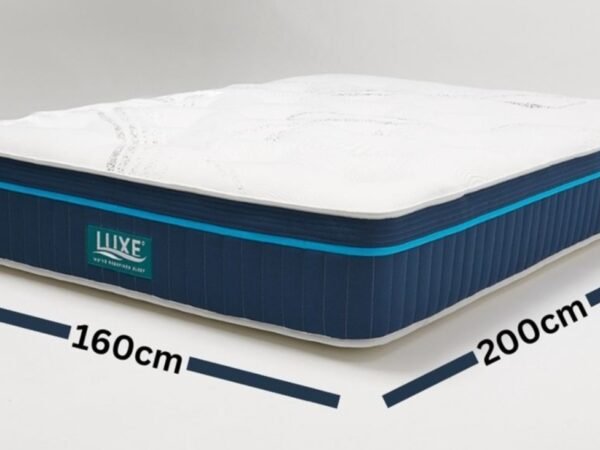Are you a Connecticut landlord seeking to safeguard your rental properties? Understand the significance of background checks – from costs to laws – in tenant screening.
Credit reports, criminal history, income verification, and eviction records are crucial. Adhering to regulations ensures asset protection, legal compliance, and positive rental experiences.
Mastering background check timeframes and methods streamline screening and foster successful, long-term agreements. Empower yourself with this comprehensive guide to Connecticut background checks for landlords.
Background Check Components and Costs
To conduct thorough background checks on potential tenants in Connecticut, you need to gather essential components such as:
- Credit reports
- Criminal history records
- Income verification documents
- Eviction histories
Consider varying costs based on the type and depth of information required. The process involves:
- Delving into Connecticut background check specifics.
- Determining how far back a background check goes in Connecticut.
- Understanding the nuances of background check costs in the state.
Components like:
- Credit reports with fraud indicators
- Criminal history from national and state databases
- Income verification through pay stubs or tax returns
- Eviction history from applications and references is crucial.
Costs range from:
- $13-60 for national searches
- $10-25 for state searches
- $75 for the Connecticut State Police Bureau of Identification
- $16-25 per county for county searches.
Laws and Regulations in Connecticut
When conducting background checks on potential tenants in Connecticut, you must adhere to specific laws and regulations governing the process. Connecticut General Statutes address expunged criminal records, prohibit employers from asking about prior arrests on job applications, and require written explanations for denials based on convictions.
Public Act No. 11-223 restricts the use of credit reports in hiring and emphasizes compliance with federal and state laws. It is crucial to be aware of fair housing and employment laws, obtain written consent before running background checks, and follow HUD recommendations for tenant screening.
Additional regulations may apply at local levels, necessitating compliance with FCRA guidelines. Understanding and abiding by these laws and regulations is essential to ensure a legal and fair tenant screening process in Connecticut.
Benefits and Importance in Connecticut
One key benefit of conducting background checks in Connecticut is safeguarding your property and your tenants’ well-being. By screening potential tenants, you can protect your investment from possible damages and ensure a safe living environment for your renters.
Background checks also help reduce tenant turnover by selecting reliable individuals, minimizing legal liability by following fair housing laws, and increasing on-time rental payments. You can maintain a positive landlord-tenant relationship by identifying rental application fraud, avoiding future evictions, and preventing high turnover.
Ensuring tenant qualification, protecting assets and employees, meeting client requirements, and avoiding interference with your duties make background checks essential for a successful rental business in Connecticut.
Background Check Timeframes in CT
Continuing from the benefits and importance of conducting background checks in Connecticut, understanding the background check Connecticut timeframes is crucial for landlords like you to comply with legal requirements and ensure thorough tenant screenings.
The Fair Credit Reporting Act (FCRA) mandates a seven-year restriction on certain background check information in Connecticut. While there are no specific state laws on reporting conviction information in Connecticut, some cities or counties may have additional restrictions.
Complying with FCRA guidelines is essential, and remember that individual cities or counties may have varying regulations. Staying informed about these timeframes will help you conduct background checks effectively and within the legal boundaries to make informed decisions about potential tenants.
Conducting Background Checks in CT
Understanding the importance of conducting background checks in Connecticut is essential for landlords. Conducting thorough screenings is crucial to ensure the reliability of potential tenants. In CT, landlords have two main options for background checks: conducting checks themselves or partnering with third-party providers. While DIY checks are possible through various channels, opting for third-party providers is safer. These providers often offer bundled reporting packages that streamline the process and provide comprehensive information. For instance, Innago partners with TransUnion SmartMove to offer background checks, including features like income verification. By utilizing these resources, landlords can access reliable information to make informed decisions when screening potential tenants in Connecticut.
Conclusion
Now that you have a solid understanding of Connecticut background checks for landlords, you can confidently navigate the screening process for potential tenants.
By knowing the components, costs, laws, and importance of background checks, you can protect your rental properties and ensure a positive rental experience for both parties.
Stay informed, follow regulations, and conduct thorough background checks to find long-term, reliable tenants for your properties in Connecticut.
Do Read: How to Choose the Perfect Office Desk for Your Home Office













